Fine Motor Skills Normal Letter Recognition Worksheets for Ages 3-8
41 filtered results
-
From - To
Looking to enhance your child's fine motor skills while boosting letter recognition? Our engaging worksheets for ages 3-8 are designed to do just that! Each activity focuses on normal letter recognition, helping young learners to identify and differentiate between letters while also improving their pencil control and hand-eye coordination. With fun and interactive tasks, our printables make learning exciting and effective. Elevate your child’s educational journey and motor skills development with our expertly crafted resources. Visit Kids Academy for a wide variety of enriching Fine Motor Skills Normal Letter Recognition Worksheets tailored to inspire young minds.


Letter E Coloring Sheet
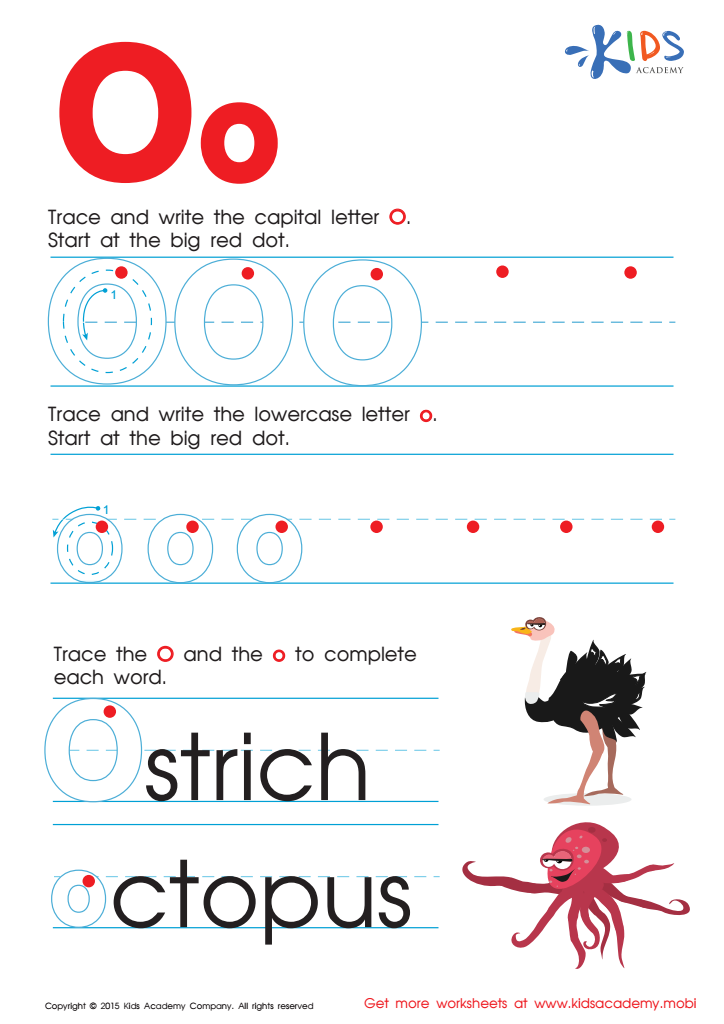

Letter O Tracing Page
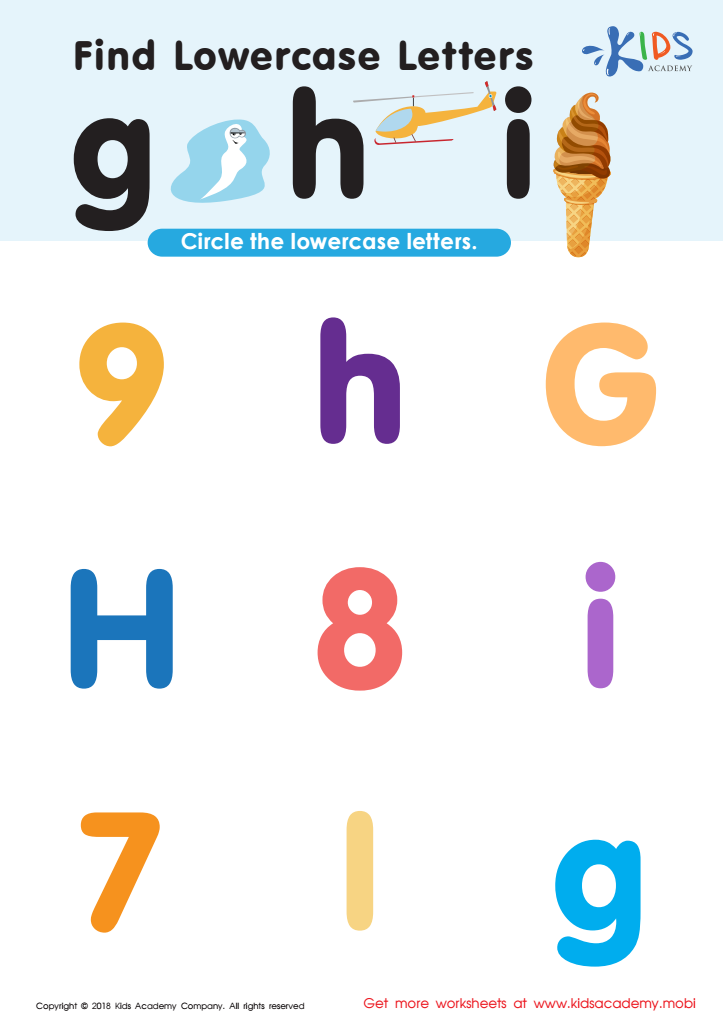

Find Lowercase Letters g h i Worksheet


Letter P Tracing Page
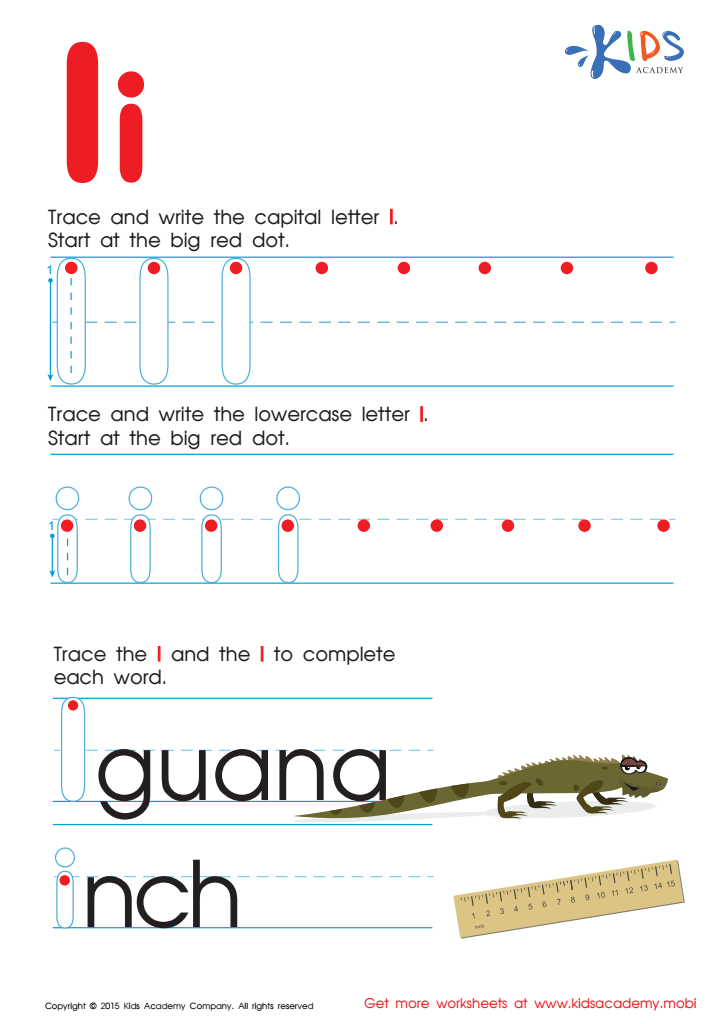

Letter I Tracing Page
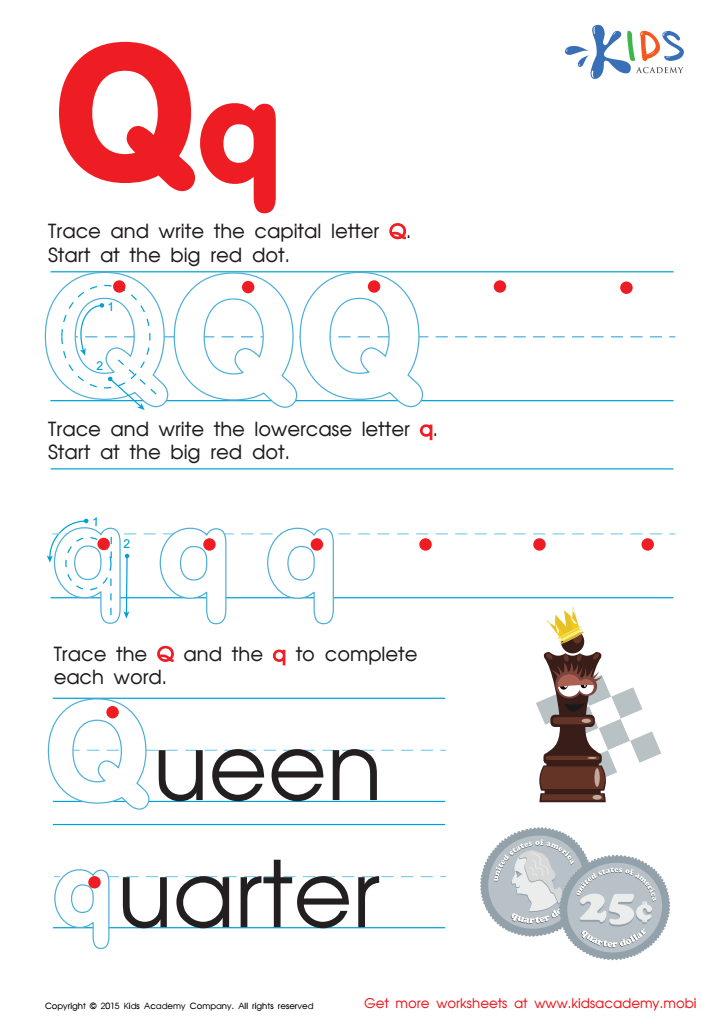

Letter Q Tracing Page
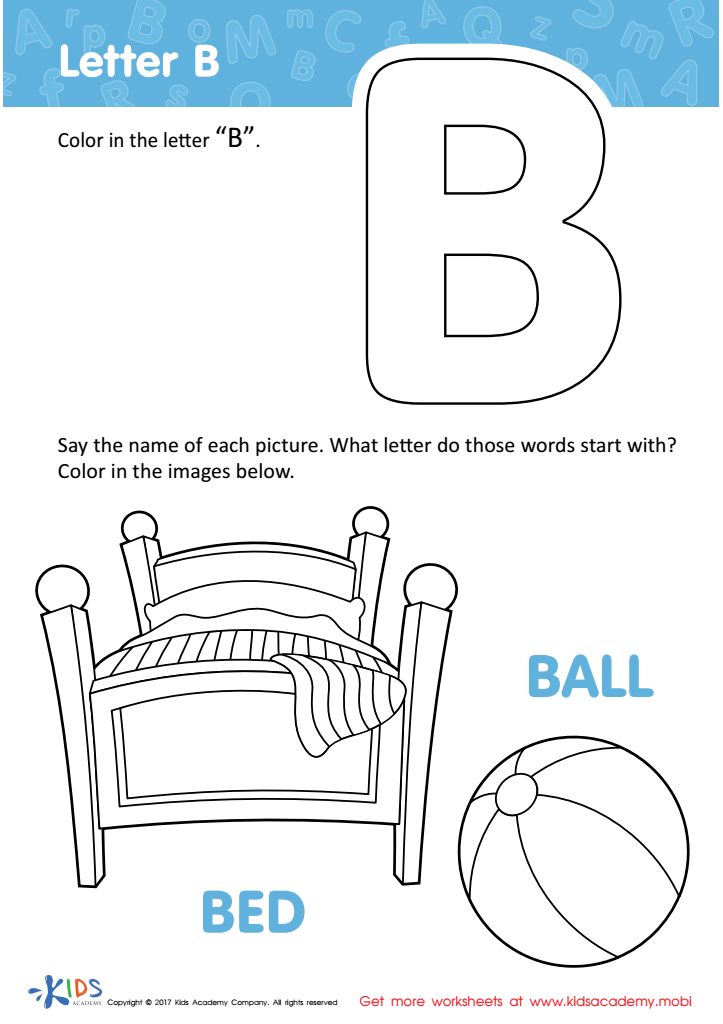

Letter B Coloring Sheet
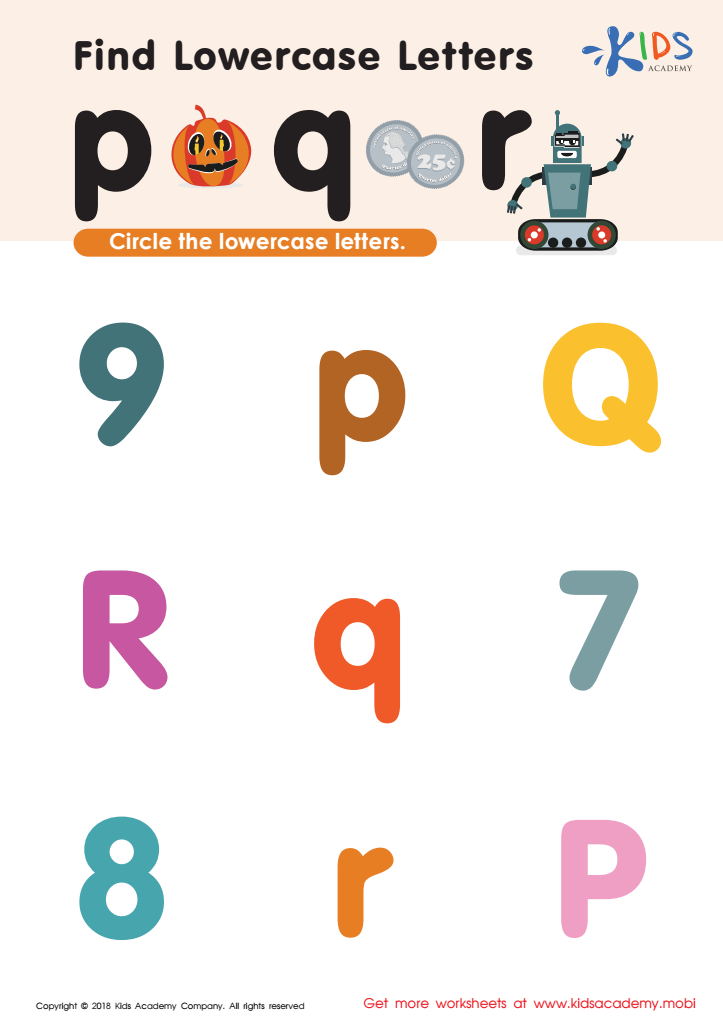

Find lowercase Letters p q r Worksheet


Letter A Coloring Sheet
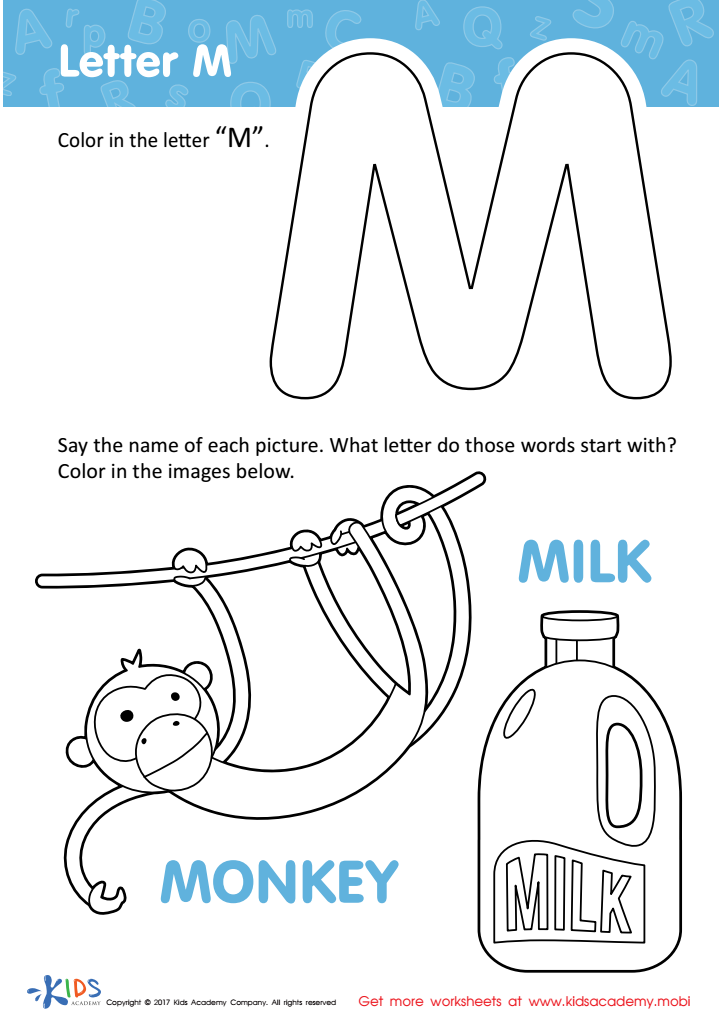

Letter M Coloring Sheet
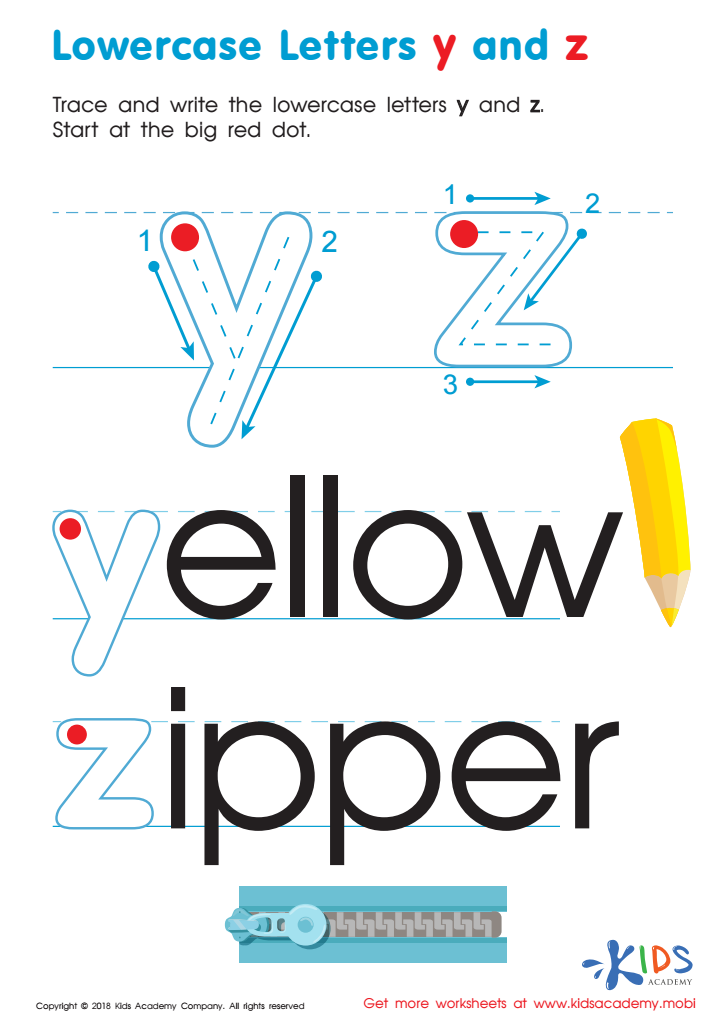

Lowercase Letters y z Worksheet
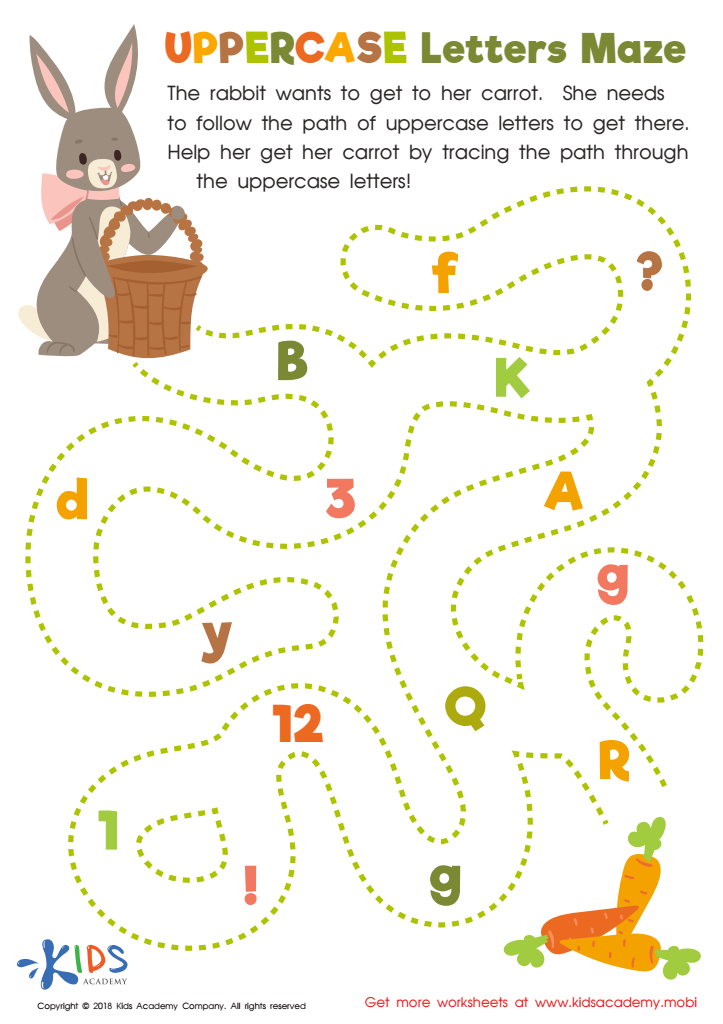

Uppercase Letters Maze Worksheet
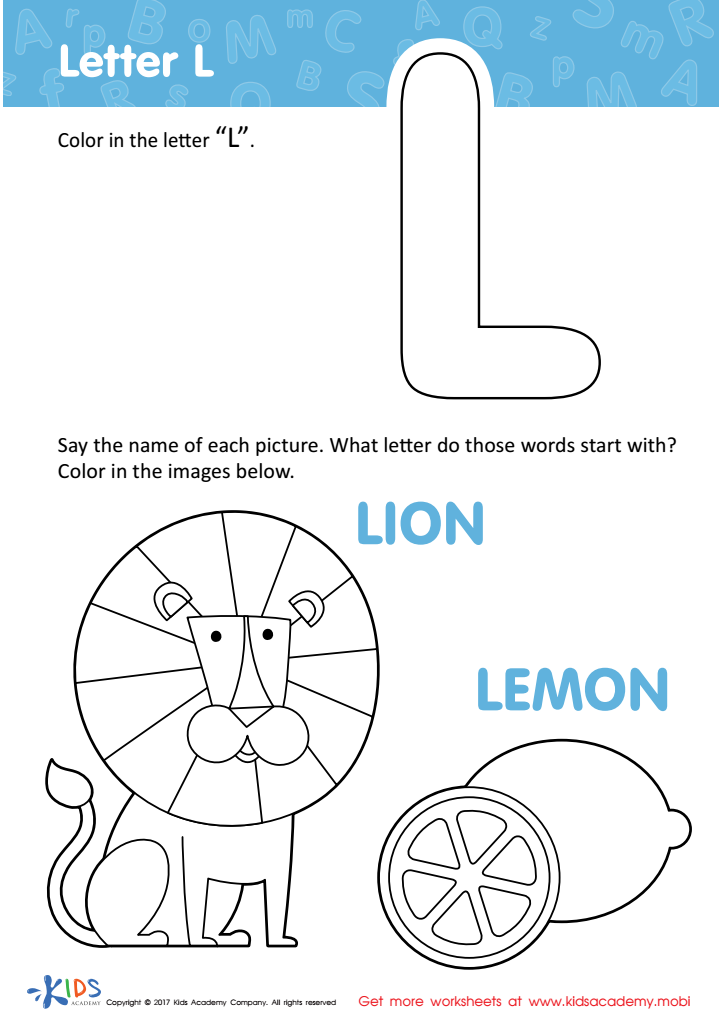

Letter L Coloring Sheet
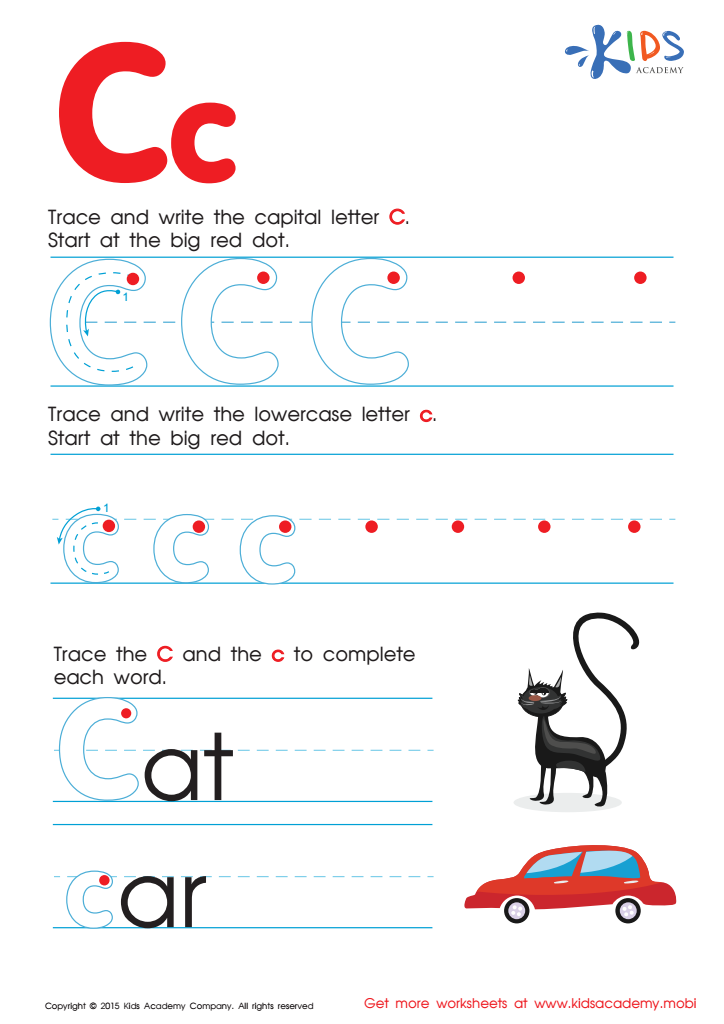

Letter C Tracing Page
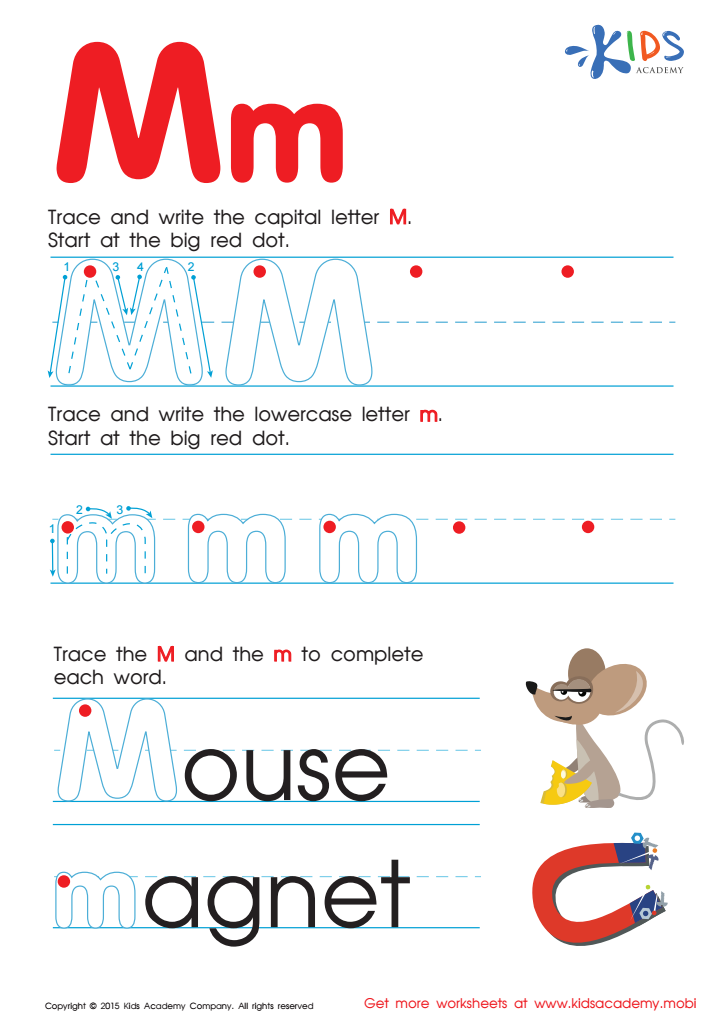

Letter M Tracing Page
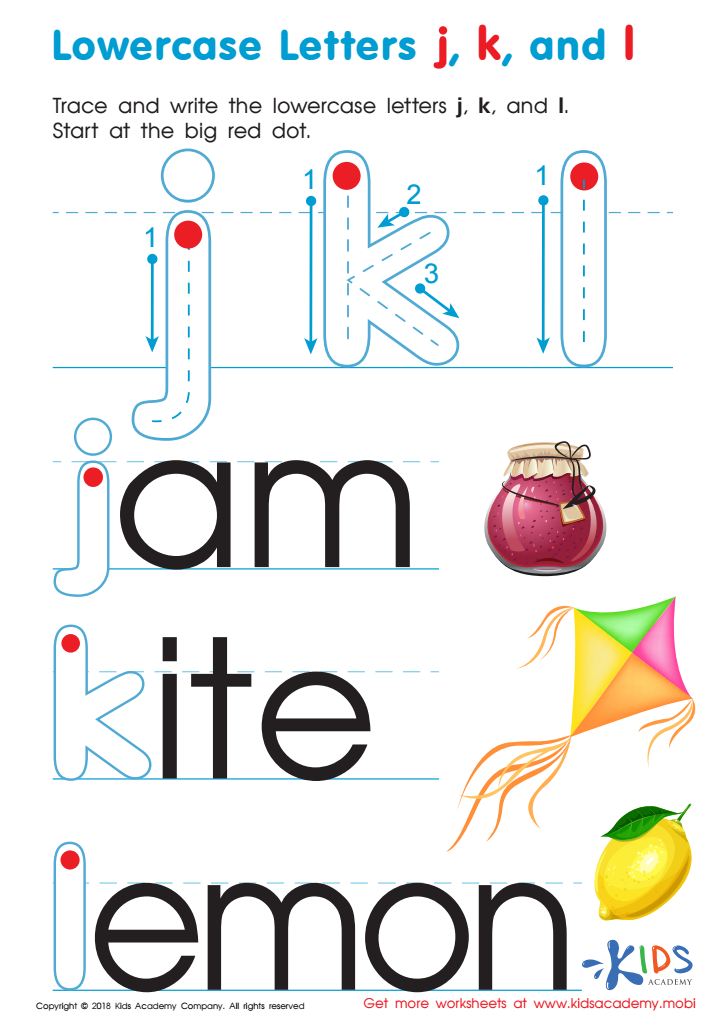

Lowercase Letters j k l Worksheet
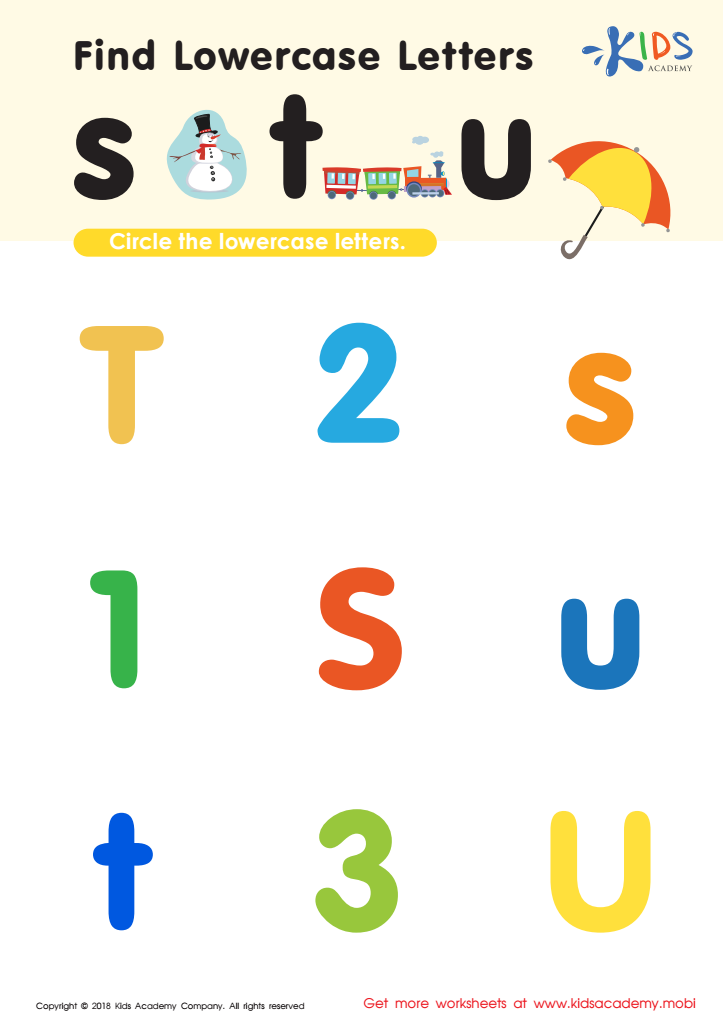

Find lowercase Letters s t u Worksheet
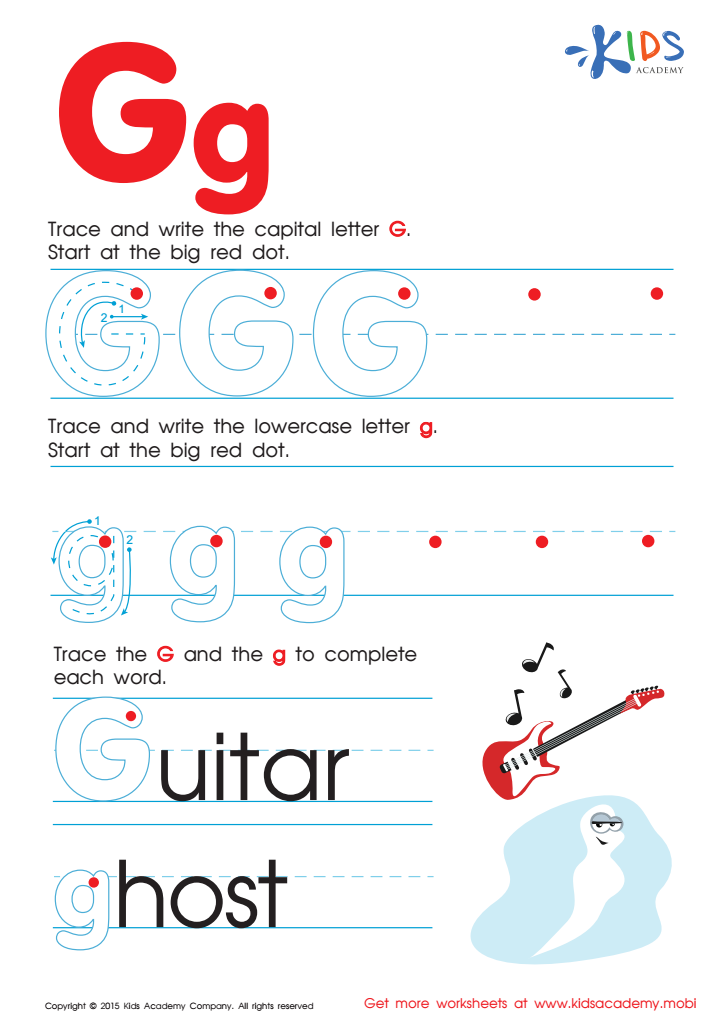

Letter G Tracing Page
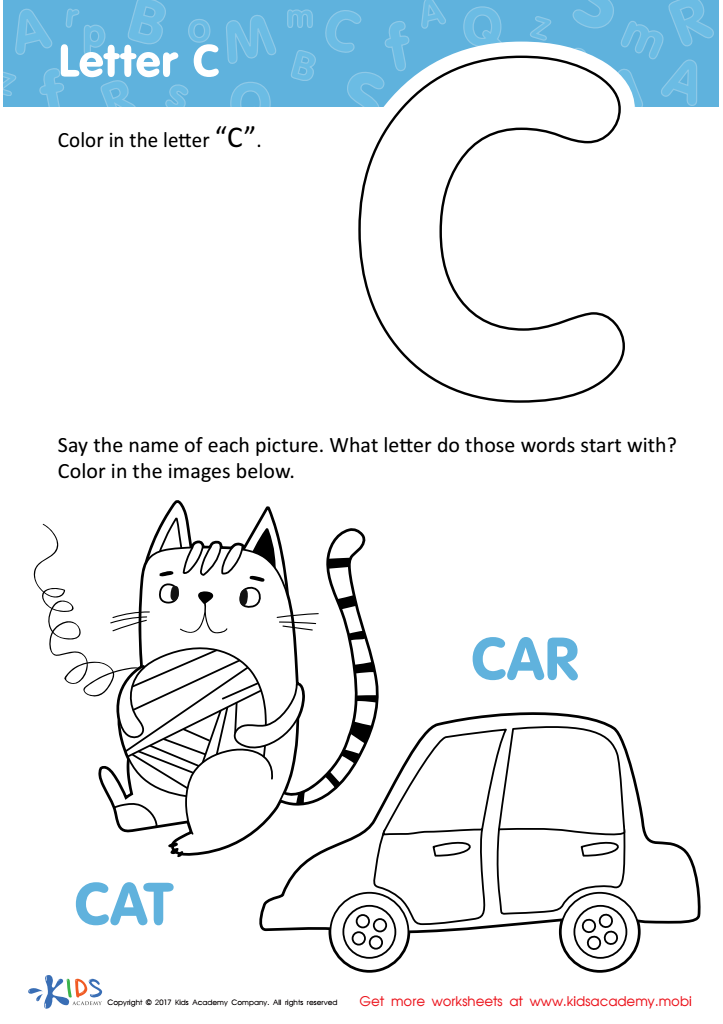

Letter C Coloring Sheet
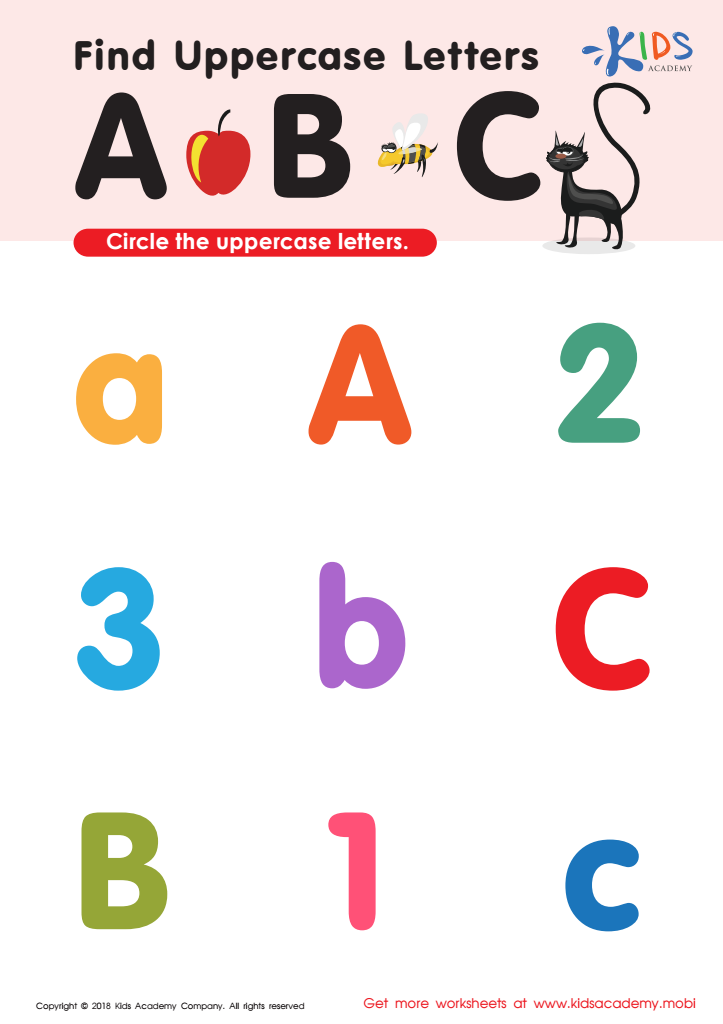

Find Uppercase Letters A, B, and C Worksheet
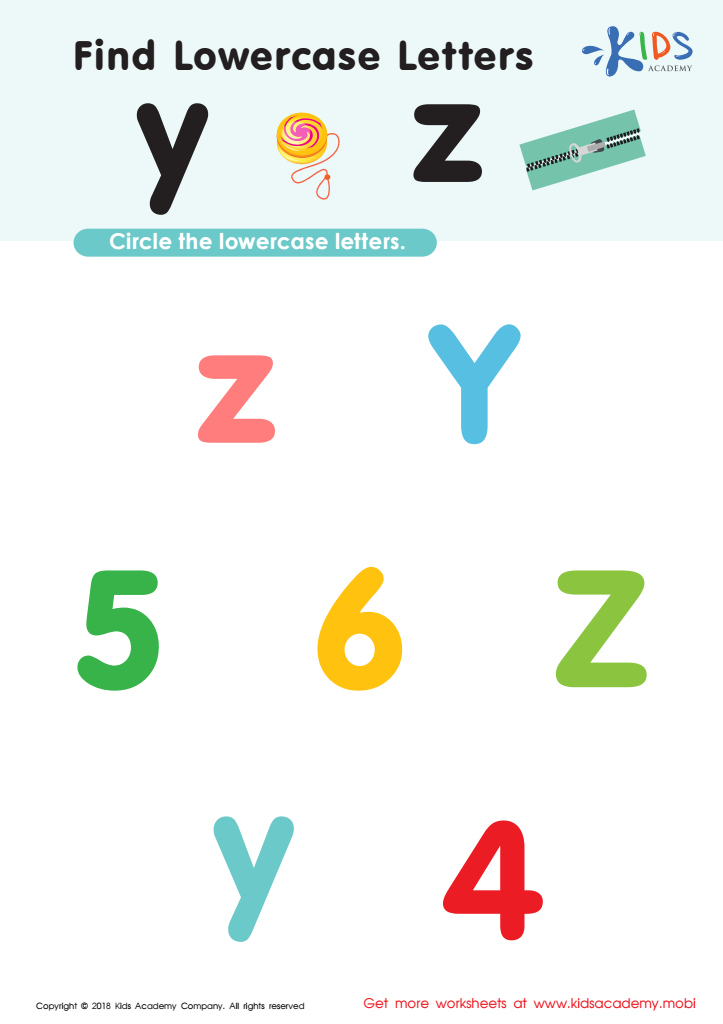

Find Lowercase Letters y z Worksheet
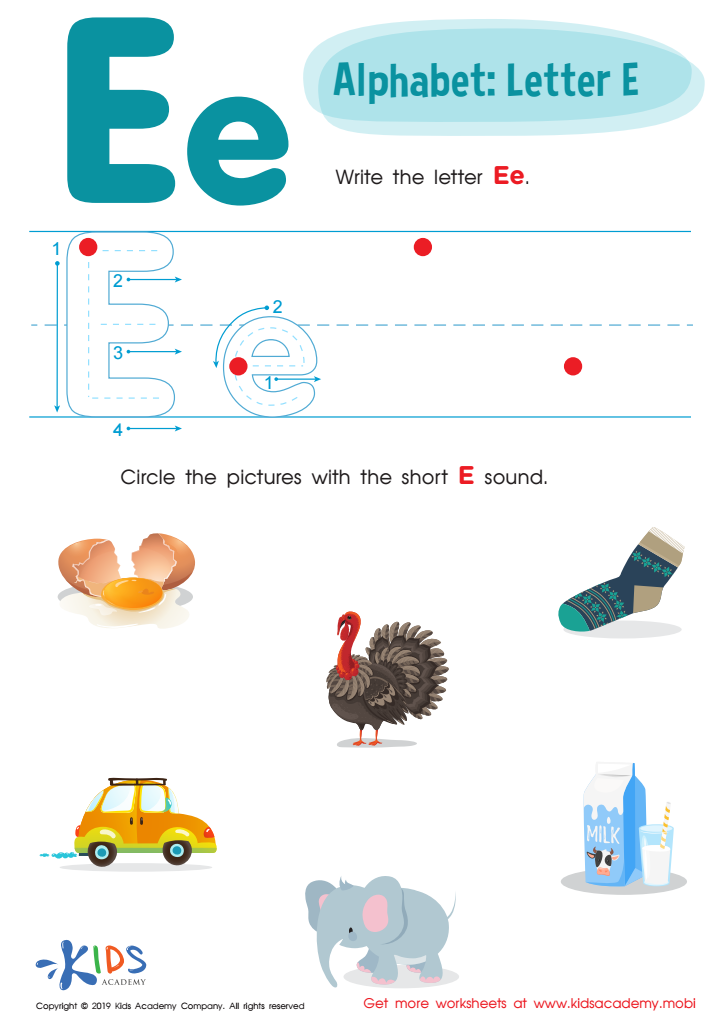

Letter E Tracing Worksheet
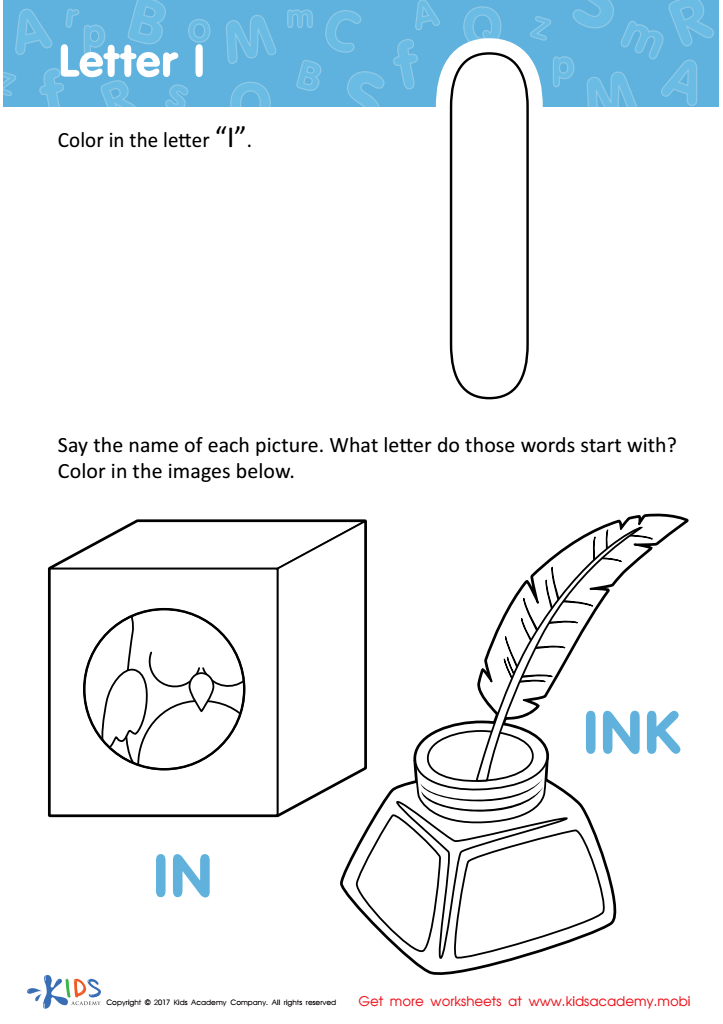

Letter I Coloring Sheet
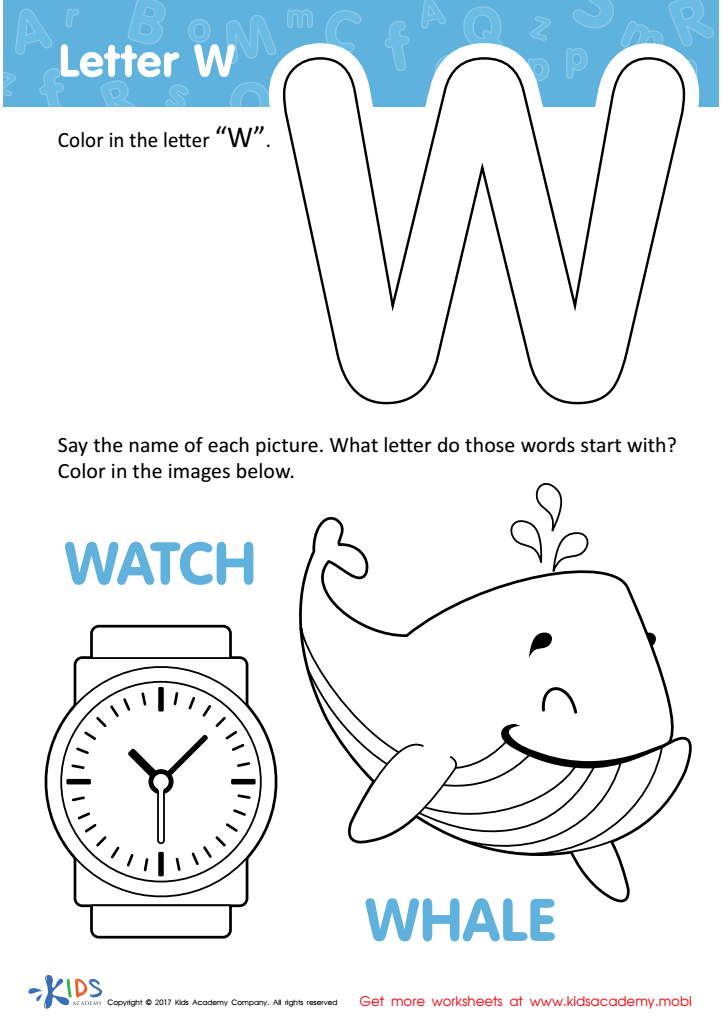

Letter W Coloring Sheet
Fine motor skills and normal letter recognition form the bedrock of early childhood education, significantly impacting future learning and overall development. For children aged 3-8, fine motor skills—such as the ability to hold a pencil, cut with scissors, and manipulate small objects—are essential for mastering everyday tasks and efficaciously performing in an academic setting. These skills facilitate self-sufficiency in activities like dressing and feeding, boosting a child’s confidence and independence.
Normal letter recognition, concurrently, is a critical component of early literacy. Recognizing and naming letters of the alphabet are precursors to reading and writing, influencing a child's ability to sound out words, comprehend texts, and express thoughts clearly on paper. When children struggle with letter recognition, it can lead to difficulties in other academic areas, notably reading fluency and comprehension.
Investing time to develop fine motor skills and letter recognition during the formative years promotes a solid educational foundation. Techniques like playing with clay, drawing, practicing writing, and engaging in puzzles not only enhance hand-eye coordination and dexterity but also prepare children for more advanced literacy skills. Thus, parents and teachers who emphasize these areas contribute significantly to a child's cognitive development, academic achievement, and long-term success.
 Assign to My Students
Assign to My Students















